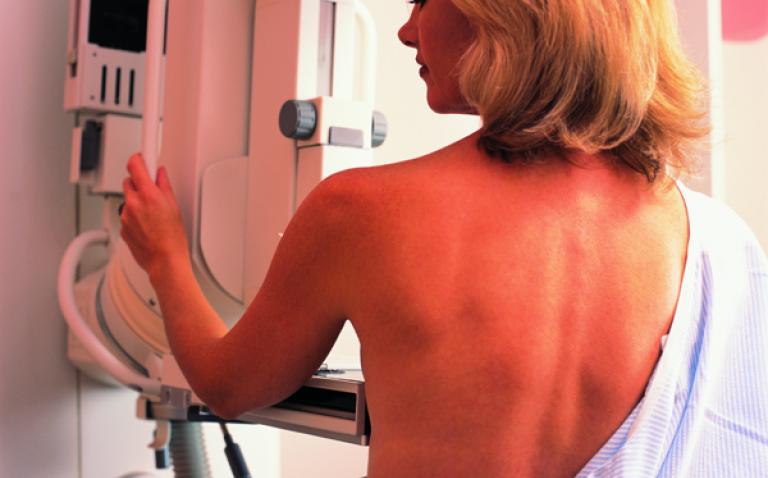A new study suggests benefits of breast cancer screening may be more modest than previously estimated.
In a nationwide study in Norway, women in their 50s and 60s who got a mammogram every other year reduced their risk of dying from breast cancer by only a “modest” 10 per cent, compared with those who didn’t get the exams, according to a study in today’s New England Journal of Medicine.
While deaths from breast cancer fell 28% from 1996 to 2005 among participating women, they also fell 18% for unscreened women.
The study’s authors argue that mammograms can’t get all the credit for the falling death rate. Instead, mammograms probably cut mortality by only 10%, the difference between the two groups, the study says.
That’s a much smaller benefit than the UK screening programmes figure of 35 per cent, put forward in their 20 year review published in 2009.
Professor John Boyages, a leading expert on breast cancer and author of Breast Cancer: Taking Control, agrees with the conclusions of the study.
Boyages – currently on sabbatical at Oxford University and Great Western Hospital in Swindon – has published more than 130 research and clinical articles about the subject of breast cancer.
He says the new study supports his view – put forward in his new ‘breast cancer bible’, released this week in the UK – that getting the right treatment is critical to survival.
But, he adds, screenings also play their part.
Speaking from his home in Oxford, he said: “The study was very well done and the results are realistic. We probably can’t continue to quote screening results from the ’70s and ’80s when care was more fragmented and we didn’t have better hormonal treatments, chemotherapy and targeted therapy.
“It’s not enough to pat ourselves on the back when we find a cancer. We must make sure women get the right treatment the first time.
“But screening has increased awareness of breast cancer and been a catalyst to introduce changes in care in the UK. It’s vital that women have as much information as possible to ensure they get the best conventional treatment.
“Screening has also meant that many more women are able to keep their breast and have less complex surgery for glands under their armpit, and when detected early, have less need for more difficult chemotherapy.
“This study shows that screening saves lives by itself and because of better treatments. Large improvements in breast cancer survival rates in the UK are largely due to screening and better treatments.”
Boyages wrote Breast Cancer: Taking Control to empower women about ensuring they receive enough information before treatment is undertaken, which can save lives in addition to early detection.
It follows a career in cancer care and diagnosis spanning more than a quarter of a century, most notably as the founder of the Westmead Breast Cancer Institute in Sydney, Australia.










